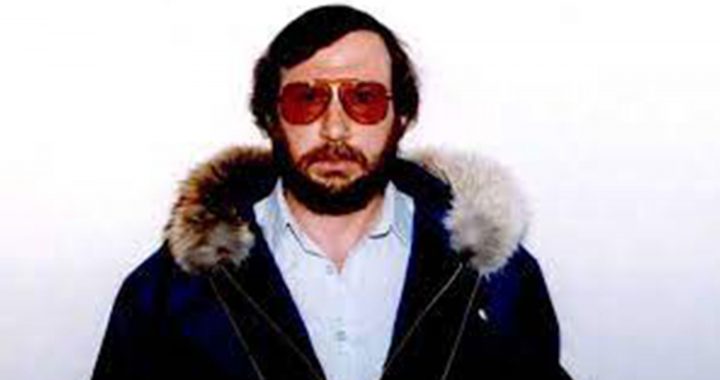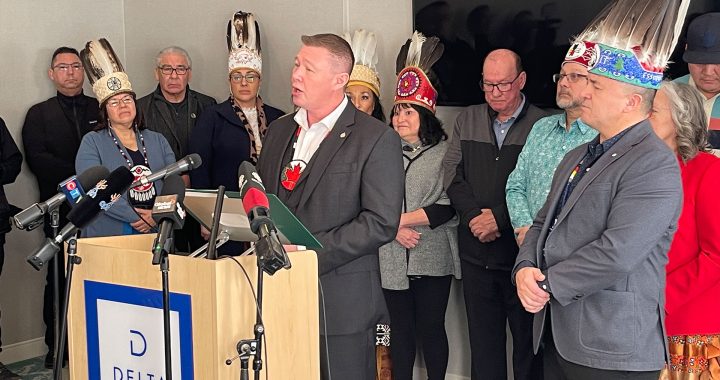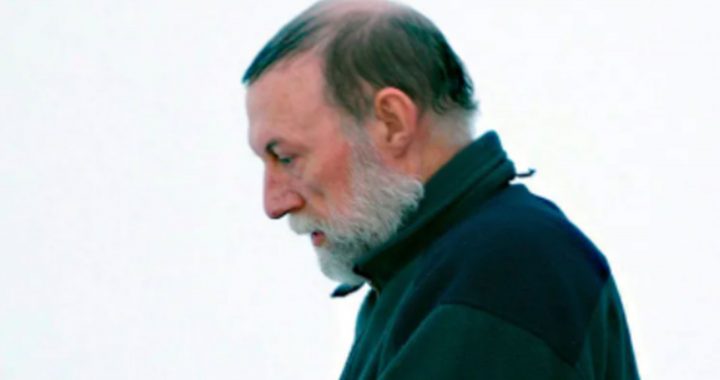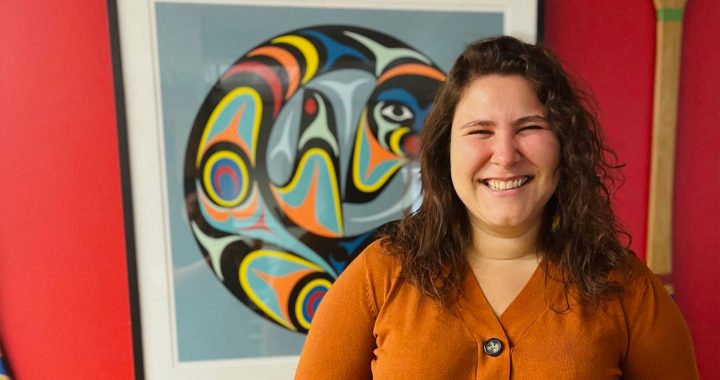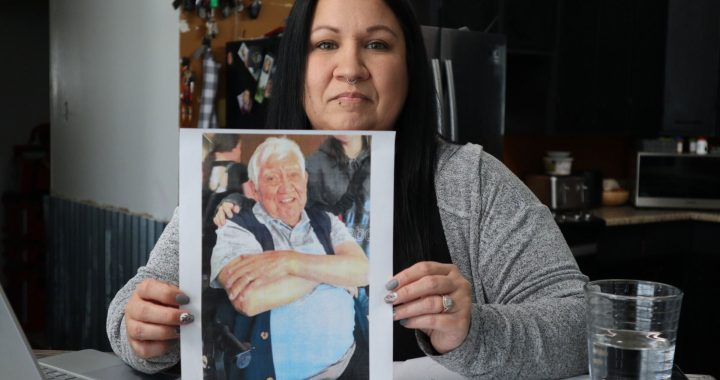One First Nations leader in northern Ontario says the Conservative government in Ontario must first gain the consent and trust of local communities if it wants to develop an area known as the Ring of Fire.
“As of right now there hasn’t been any consultation nor accommodation to Neskantaga people,” Neskantaga First Nation Chief Chris Moonias said. “What are the real benefits of allowing a development up in our area and what are the real impacts? There’s social impacts, there’s environmental impacts – what’s going to happen to our river? It surely will impact our treaty rights and our title to the land.”
This week the federal government and 12 area First Nations released the terms of reference for an environmental assessment of the Ring of Fire that is supposed to take place prior to development.
It is the Ontario government under Doug Ford and industry that will lead this development, about 540 km northeast of Thunder Bay. But some First Nations leaders such as Moonias, say so far there has been little effort to involve their communities in the process.
There is high interest to mine the area because it contains critical minerals essential to the electric car market such as nickel, cobalt, copper and lithium. A number of First Nations are in favour of the development.
Development will also bring much needed roads and infrastructure to the area but Moonias and others say government and industry must first follow the rules of free, prior and informed consent with First Nations, as set out in the United Nations Declaration on the Rights of Indigenous Peoples, before moving forward.
Following the U.S. president
A Native American journalist says communities are busy following U.S. President Donald Trump’s flurry of announcements this week and not all of them are going over well.
“He (Trump) talked about renaming Mount Denali up in Alaska to Mount McKinley to acknowledge William McKinley (1800s gold prospector and former U.S. president),” Jourdan Bennett-Begay, a managing editor for ICT News or Indian Country Today in Washington D.C., said.
“Mount Denali was named under Obama (former U.S. president, Barrack) in 2015 and that was given to the mountain in Alaska by the Koyukon Athabaskan people. I could see on my social media feeds our people were like, ‘Nope, it’s still going to be Mount Denali to me.’”
Mount Denali is the highest mountain in North America.
Trump was inaugurated as the 47th U.S. president on Monday beginning his second four-year stint in the White House.
His inaugural address mentioned African, Hispanic, and Asian Americans but failed to mention Native Americans.
The speech also talked about manifest destiny, winning the “Wild West” and a nation forged and built by “generations of patriots” which includes farmers, soldiers, cowboys, factory workers, steel workers, coal miners, police officers and pioneers.
Because of cooler temperatures, the inauguration was moved indoors but Bennett-Begaye and her ICT colleagues were outside talking to Native Americans in the crowd.
She said they told her they voted for Trump for many of the same reasons other Americans have stated such as wanting a better economy and more control on inflation.
A longtime columnist who writes for the Saskatoon StarPhoenix says First Nations have a strong role to play with Trump continuing to threaten to impose tariffs as high as 25 per cent on Canadian exports.







